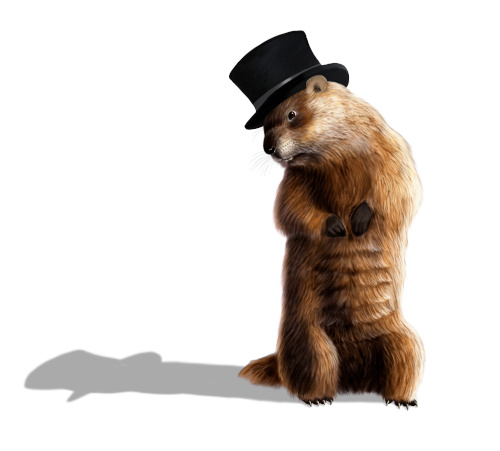Most schools are gearing up for December break, and students’ attention spans are likely to grow shorter each day. But crafting a video-based lesson that explores different holidays is a surefire way to boost student engagement.
These TED-Ed Lessons cover Labor Day origins, they examine why we celebrate Groundhog Day, they delve into St. Patrick’s Day, and more.
The TED-Ed platform is especially cool because educators can build lessons around any TED-Ed Original, TED Talk, or YouTube video.
Once you find the video you want to use, you can use the TED-Ed Lessons editor to add questions, discussion prompts, and additional resources.
Use these TED-Ed Lessons on different holidays for brain breaks, to introduce new lessons, or to inject some fun and engaging conversation into your class.
1. Why do we celebrate Groundhog Day? CGPGrey explains the history behind the holiday.
2. What is Día de los Muertos, the Day of the Dead? Día de los Muertos, or Day of the Dead, is a celebration of life and death. While the holiday originated in Mexico, it is celebrated all over Latin America. The British Museum shows how every year the dead are remembered and summoned by the observances of the living, who cook, make music and decorate their graves.
3. What is Juneteenth, and why is it so important? In the most remote corners of the Confederacy, news of slavery’s end did not come until more than two years after the Emancipation Proclamation. On June 19, 1865, General Order No. 3 was delivered to the people of Galveston, Texas, officially freeing the last enslaved people in the United States. The Root explores the history and continued significance of Juneteenth.
Related:
10 TED-Ed Lessons to get students thinking
5 STEM-based TED-Ed Lessons to close out your school year
4. The History of Saint Patrick: Today people around the world celebrate St. Patrick’s Day for a variety of reasons in a variety of ways, but what are the origins of this holiday? Who was St. Patrick? And do today’s traditions have anything to do with his complicated, dramatic life?
5. When is Thanksgiving? In this lesson, you’ll learn about the (English) colonies in what is now the United States including the first permanent English colony at Jamestown, Virginia, the various theocracies in Massachusetts, the feudal kingdom in Maryland, and even a bit about the spooky lost colony at Roanoke Island. What were the English doing in America, anyway? Kick back, and learn how America became profitable.
6. What you might not know about the Declaration of Independence: In June 1776, a little over a year after the start of the American Revolutionary War, the US Continental Congress huddled together in a hot room in Philadelphia to talk independence. Kenneth C. Davis dives into some of the lesser known facts about the process of writing the Declaration of Independence and questions one very controversial omission.
7. Facts about pumpkins you never knew: Pumpkin season has officially begun! Skunk Bear teaches us some fun facts about America’s favorite decorative gourd.
8. Why do Americans and Canadians celebrate Labor Day? In the United States and Canada, the first Monday of September is a federal holiday, Labor Day. Originally celebrated in New York City’s Union Square in 1882, Labor Day was organized by unions as a rare day of rest for the overworked during the Industrial Revolution. Kenneth C. Davis illustrates the history of Labor Day from Union Square to today.
9. The real history of Cinco de Mayo: Happy Cinco de Mayo! We all love to celebrate on the 5th of May but not many people know the actual history behind this day. Lifehacker explains the history behind the holiday.
- Educators love their edtech, but want more training - April 18, 2024
- Friday 5: College and career readiness - April 12, 2024
- Cybersecurity: eSN Innovation Roundtable - April 11, 2024


